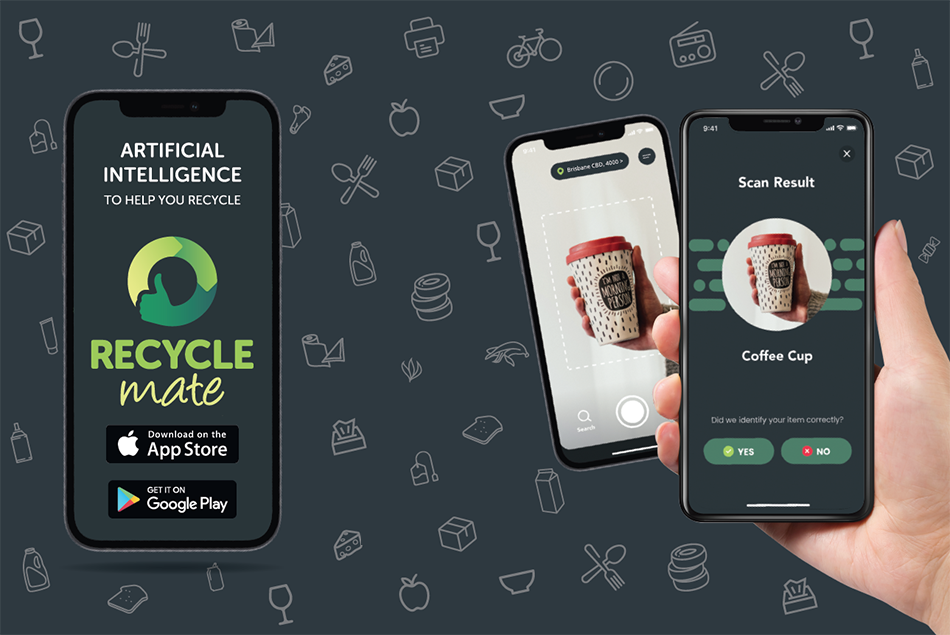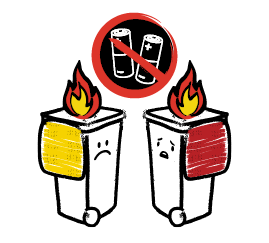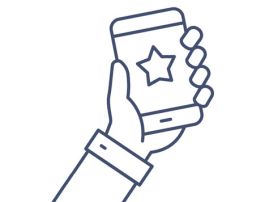What Goes in Your Bins
Let’s Get It Sorted, Townsville!
Recycling right creates local jobs, contributes to economic growth of our region, and reduces the amount of waste that ends up in landfill, which is good for the environment and our community.
The following materials can go in your recycling bin:

Recycle Mate Sorting Guide
Learn the right way to recycle with Recycle Mate. Search over 5,000 everyday items in the local sorting guide below to check what can go in your yellow-lidded bin, and where you can drop off items for free to our local waste transfer stations, product stewardship schemes and charities across Townsville.
Have a more specific question? Try asking our clever Recycling Chatbot:
Download the Free Recycle Mate App
Recycle Mate is free for Townsville residents to download and use on their mobile phones. Recycle Mate is a free resource available to every local council, recycler, product stewardship scheme, and charity to get involved with and promote recycling initiatives.
Resources
For quick reference, download the resources below to find out where you can dispose of your waste items:
General waste and recycling fridge magnets and bin stickers are available for free from any of our Customer Service Centres or from any Townsville Citylibraries location.
Keep the Following Out of Your Bin
Disposing of batteries and other combustible and hazardous waste through general waste bins or recycling bins puts our people and equipment in danger due to the risk of fire. Please help protect our people and environment by correctly disposing of combustible and hazardous items.







